
Also known as: Whiting
Off the coasts of British Columbia, swims the Pacific hake, also commonly known as whiting. With its long, slender body and silvery sheen, this fish is distinguishable by its delicate and fine flaky texture, and hake's subtle taste sets it apart; it's mildly sweet with a hint of brine.
Pacific hake’s light, non-overpowering flavour makes it a favourite for those who appreciate milder seafood adaptable to culinary exploration with seasonings and sauces—but still tastes like seafood! Whether it's the main star of a meal or playing a supporting role, the possibilities are as vast as the ocean they hail from.

Neurological & Brain Development: As a good source of choline and omega-3s, Pacific Hake may play a role in early brain development, neurotransmitter formation, and the structural stability of cells.
Bone Health & Enhancement: As a source of Vitamin D and magnesium, Pacific Hake may support the formation and health of bones while boosting calcium and phosphorus absorption.
Growth & Energy Metabolism: As a source of Thiamine, Niacin and Vitamin B6, Pacific hake may promote energy metabolism, normal growth and tissue formation.


There aren’t many seafood species you can buy live, fresh, cooked, or canned, often in the same store. The pride of Atlantic Canada, our succulent lobsters are second to none.
An excellent source of copper
Contains antioxidants
Low in saturated fats compared to other meat proteins
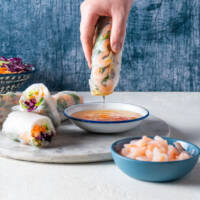
Featured Recipe:
Shrimp Salad Fresh Rolls
One of Canada’s tastiest freshwater fish, the fillets are excellent for pan-searing but also firm enough for the barbecue.
Good source of vitamin D
Source of protein
Helps with tissue formation
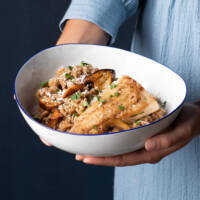
Featured Recipe:
Mushroom Risotto with Pan Seared Pickerel
Truly a gourmet fish, the flaky flesh has a buttery taste and a silky texture that will coat your mouth with incredible flavour.
Source of vitamin A
Assists muscle function
Excellent source of niacin
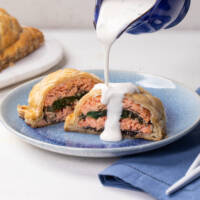
Featured Recipe:
Trout Wellington